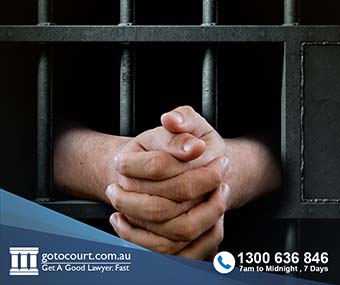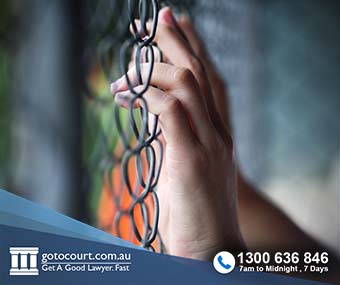The Youth Justice Act (NT)
In the Northern Territory, the Youth Justice Act governs how young offenders are to be treated by police and what options the Youth Justice Court has for dealing with youths facing criminal charges. The Youth Justice Court deals with young people between the ages of 12 and 18. The Youth Justice Act’s guiding principles include encouraging young people to accept responsibility for their behaviour and dealing with them in a way that allows them to develop and to reintegrate into the community. Youths who are charged with a serious indictable offence, such as murder or manslaughter, must be committed to the Supreme Court to have the matter determined there.
Interviews and searches
Section 18 of the Youth Justice Act provides that when police suspect a youth of an offence punishable by imprisonment for a year or more they must not interview the youth without a support person present.
Under Section 19 the police must not search the person, property or clothing of a youth without a support person present unless there is a reason to believe that the search must be done as a matter of urgency.
Notification of adult
Section 23 provides that as soon as a youth is arrested or charged with an offence police must take all reasonable steps to inform a responsible adult in respect of the youth of the arrest or charge including the time and place when the youth will be brought before a court.
Remanding of youths
If a youth is charged with an offence and police do not place the youth on bail, the police must apply to the court for an order that the youth be detained in a detention centre. Youths who are arrested and not granted bail must be brought before a court within seven days. Youths must be separated from adults as far as practicable whilst in detention and whilst being transported to and from detention.
Diversion
The Youth Justice Act provides various way for youths who have committed offences to be diverted from the criminal justice system. Under Section 39, if a police officer believes a youth has committed an offence, he or she may:
- Give the youth a verbal warning;
- Give the youth a written warning;
- Cause a Youth Justice Conference involving the youth to be convened;
- Refer the youth to a diversion program.
Diversion options are not available where the offence is a serious offence or where the youth has a significant criminal history or has been dealt with by Youth Justice Conference or Diversion on two previous occasions.
The young person and their responsible adult must consent to the matter being dealt with by way of diversion. If the diversion program is satisfactorily completed, the criminal proceedings in relation to the offence must be discontinued. This allows a young person to acknowledge and address their behaviour without having the stigma of a criminal record.
Proceedings in the Youth Justice Court
When a youth attends the Youth Justice Court, they must be accompanied by a responsible adult and the responsible adult must remain in attendance throughout the proceeding.
Pleading not guilty
If a youth pleads not guilty to a charge, the matter will be adjourned for a contested hearing in the Youth Justice Court. The hearing will be conducted similarly to a contested matter in an adult court and the rules of evidence will be applied in the same way. If the youth is found guilty, he or she will be sentenced under the Youth Justice Act.
Sentencing under the Youth Justice Act
When sentencing a youth for a criminal offence, the court must have regard to the principles of the Youth Justice Act as well as sentencing principles generally. The rehabilitation of the young person is the paramount consideration when sentencing a young person.
The sentences the Youth Justice Court may impose are set out in Section 83 and include Good Behaviour Bonds, Fines, Community Work Orders, and periods of Detention or Imprisonment. The Youth Justice Court also has the power to adjourn a matter for a period of up to six months and subsequently dismiss the charge if the youth has been in no further trouble. It can also adjourn the matter for a period to allow the youth to participate in an approved program.
Youth Detention
In the past, an important principle under the Youth Justice Act was that a young person was only to be detained as a last resort, and for the shortest period of time that was appropriate in the circumstances.
During 2025, the alleged murder of a well-known shopowner by a customer led to widespread community concerns about serious youth crime in the NT. In response to this event, the NT government amended the Youth Justice Act, removing this principle. This means that a young person found guilty of an offence may now be sentenced to detention even where other penalties are appropriate.
A youth below the age of 15 may be sentenced to a maximum of 12 months of detention by the Youth Justice Court. A youth over the age of 15 may be sentenced to a maximum of two years of detention. Longer custodial sentences can be imposed on young offenders by the Supreme Court.
If you need legal advice in relation to a criminal matter or any other legal matter, please contact Go To Court Lawyers.







